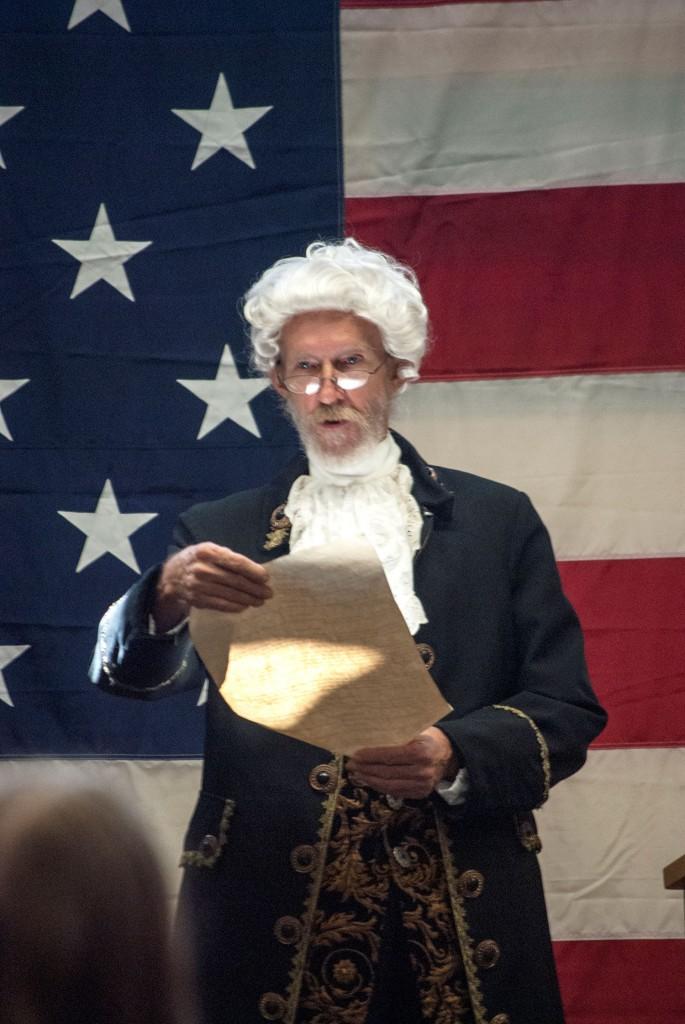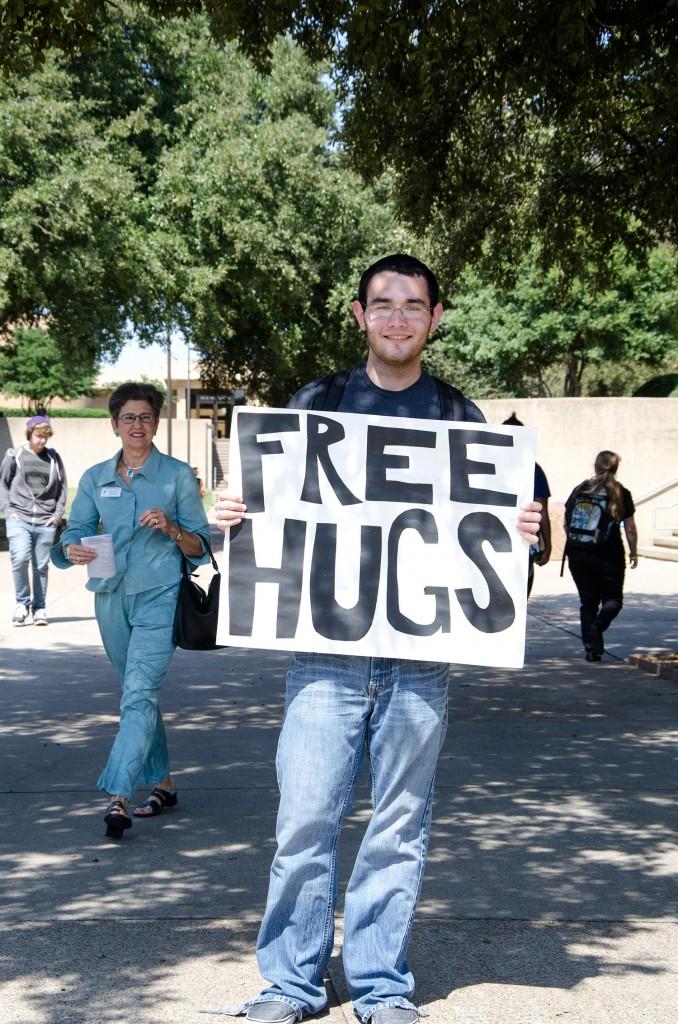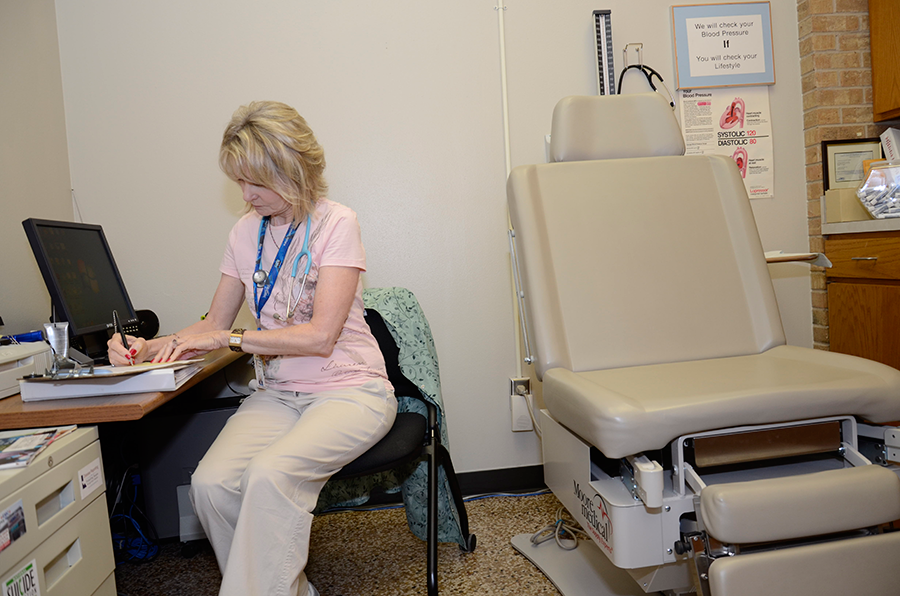By Carrie Duke/reporter
Both attention and learning disorders were discussed in a NE Campus workshop Sept. 19.
“Different equals different,” counselor Anita Peters said. “It’s a difference in the way we are hard-wired.”
Peters, a NE counselor for about 18 years, became interested in learning disorders soon after she came to campus. A dean, who encouraged her to learn more about disorders, sent her to a variety of seminars and workshops, she said.
Many people don’t realize they have a learning or attention disorder, Peters said. They believe themselves to be unintelligent, are often misdiagnosed or sometimes just give up all together because of frustration and the appearance of failure.
Part of this is because the number and types of symptoms vary greatly, but people with a disorder tend to be very bright, she said.
“College students hit a wall because of a lack of structure,” Peters said. “They blame themselves for doing poorly, and if they succeed, they say it’s luck.”
Help is available, Peters said.
For the diagnosis, students need to seek out a licensed professional who specializes in adults.
They can then go to the campus disabilities office and, depending on each individual’s diagnosis, get accommodations for their classes whether it’s for studying, note taking or testing.
The information is kept private unless the student decides to tell people.
“Being diagnosed gives you power,” she said. “It improves the likelihood of completion.”
























